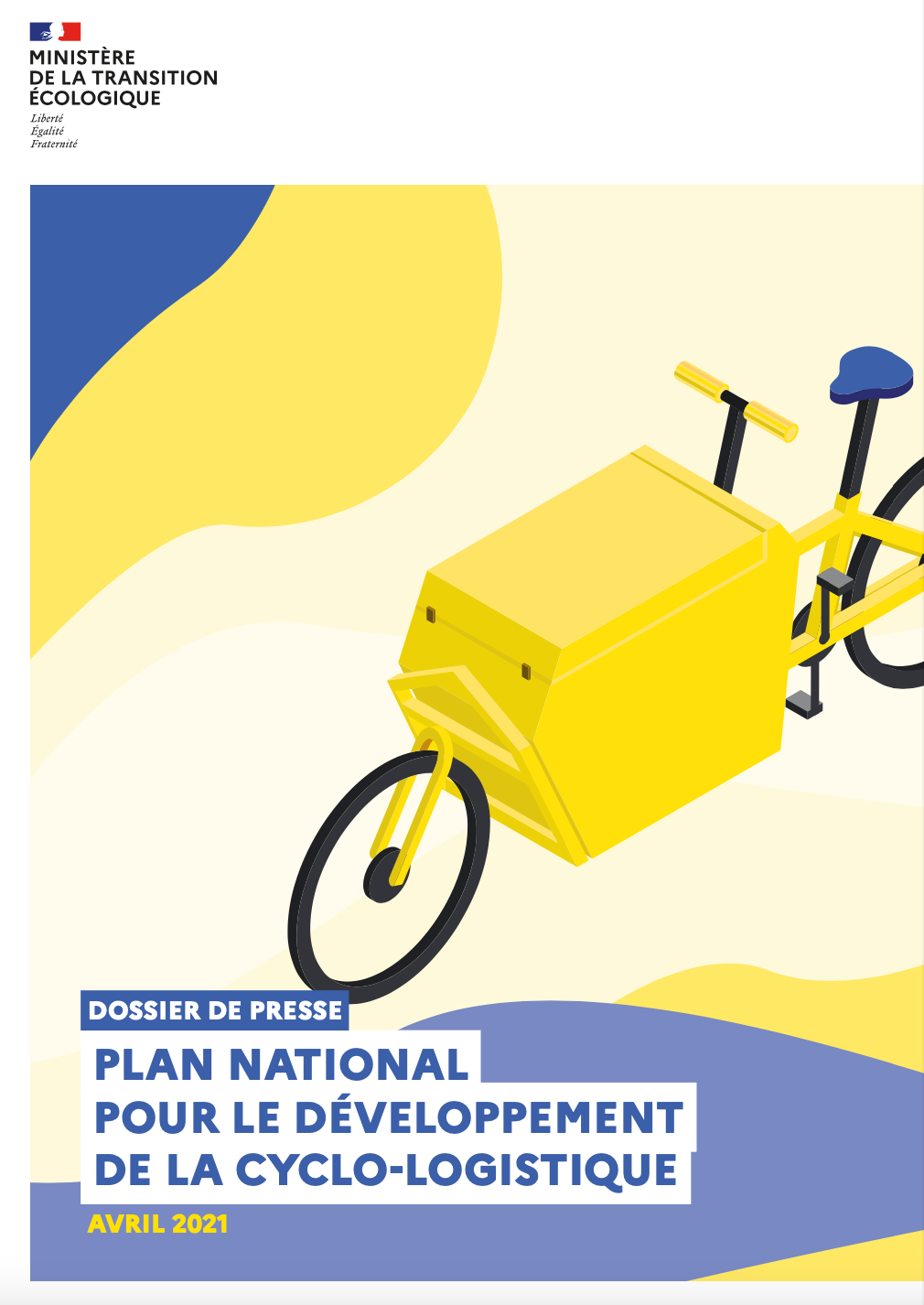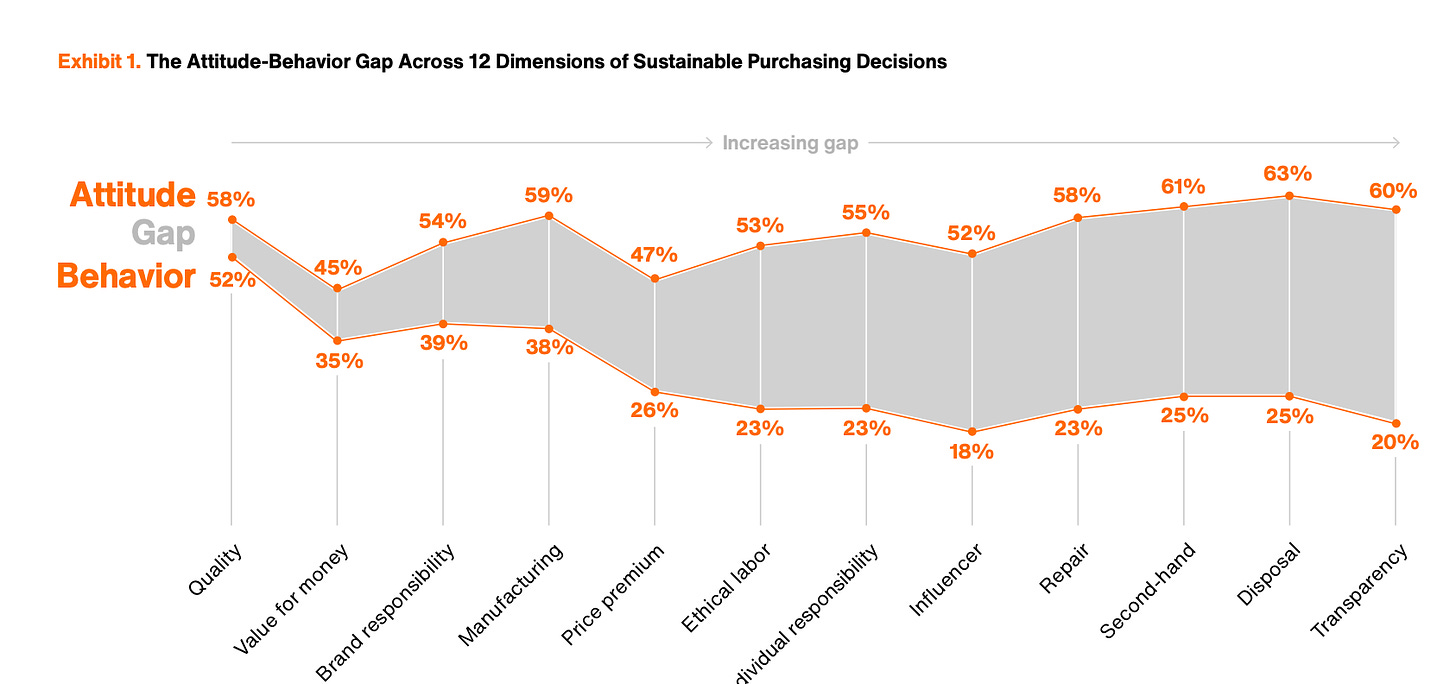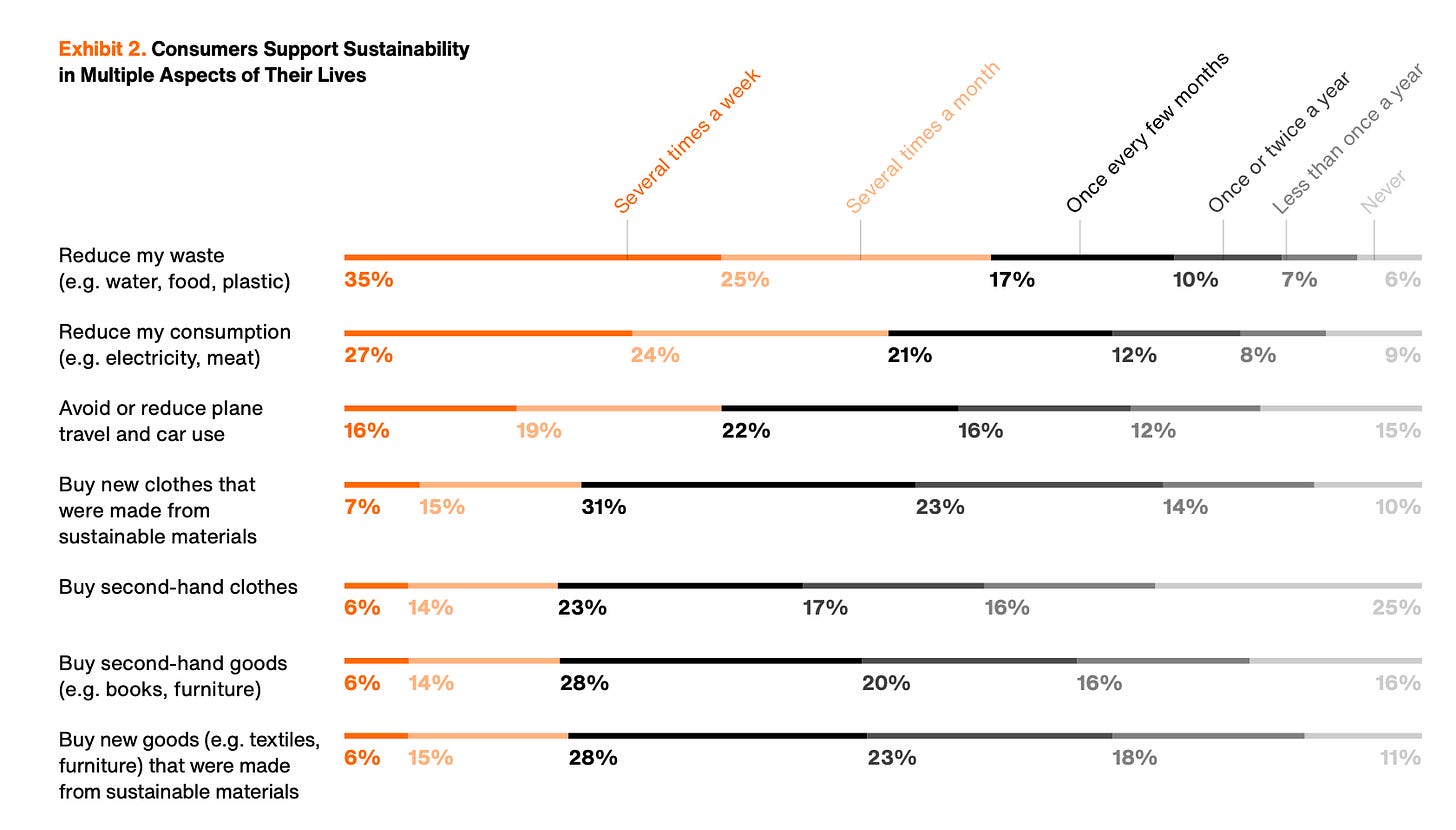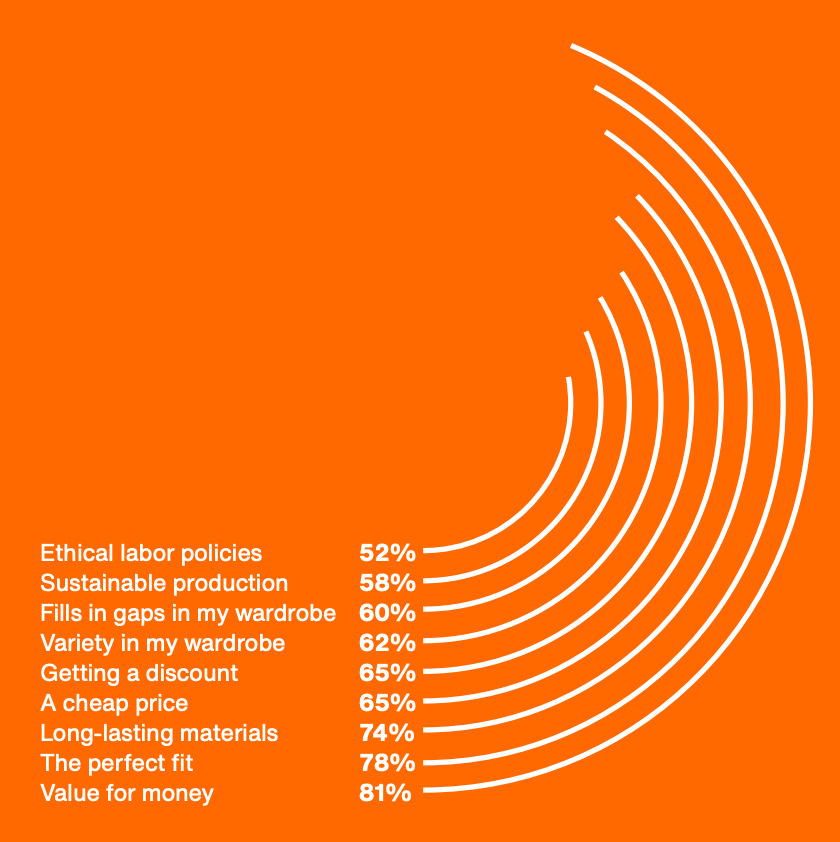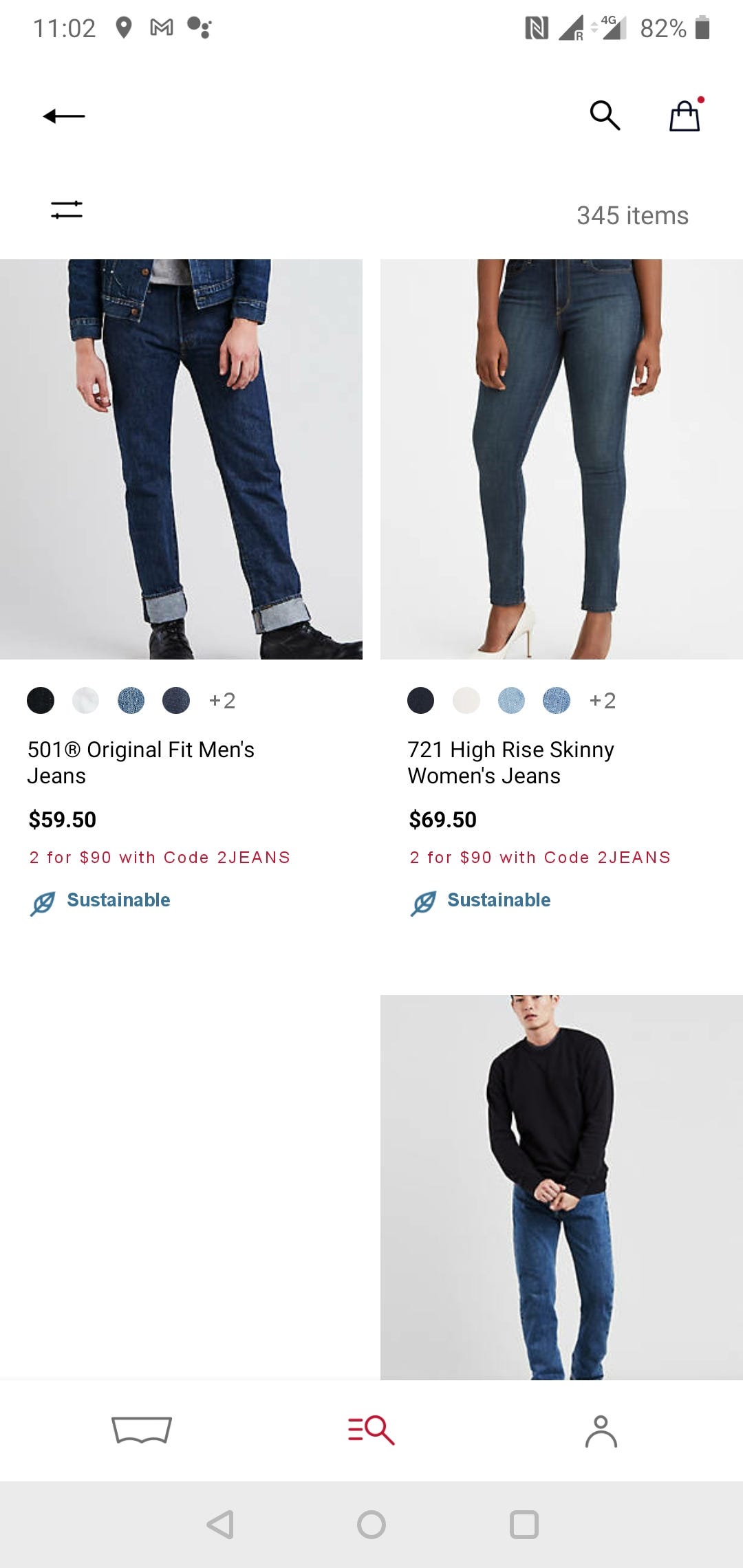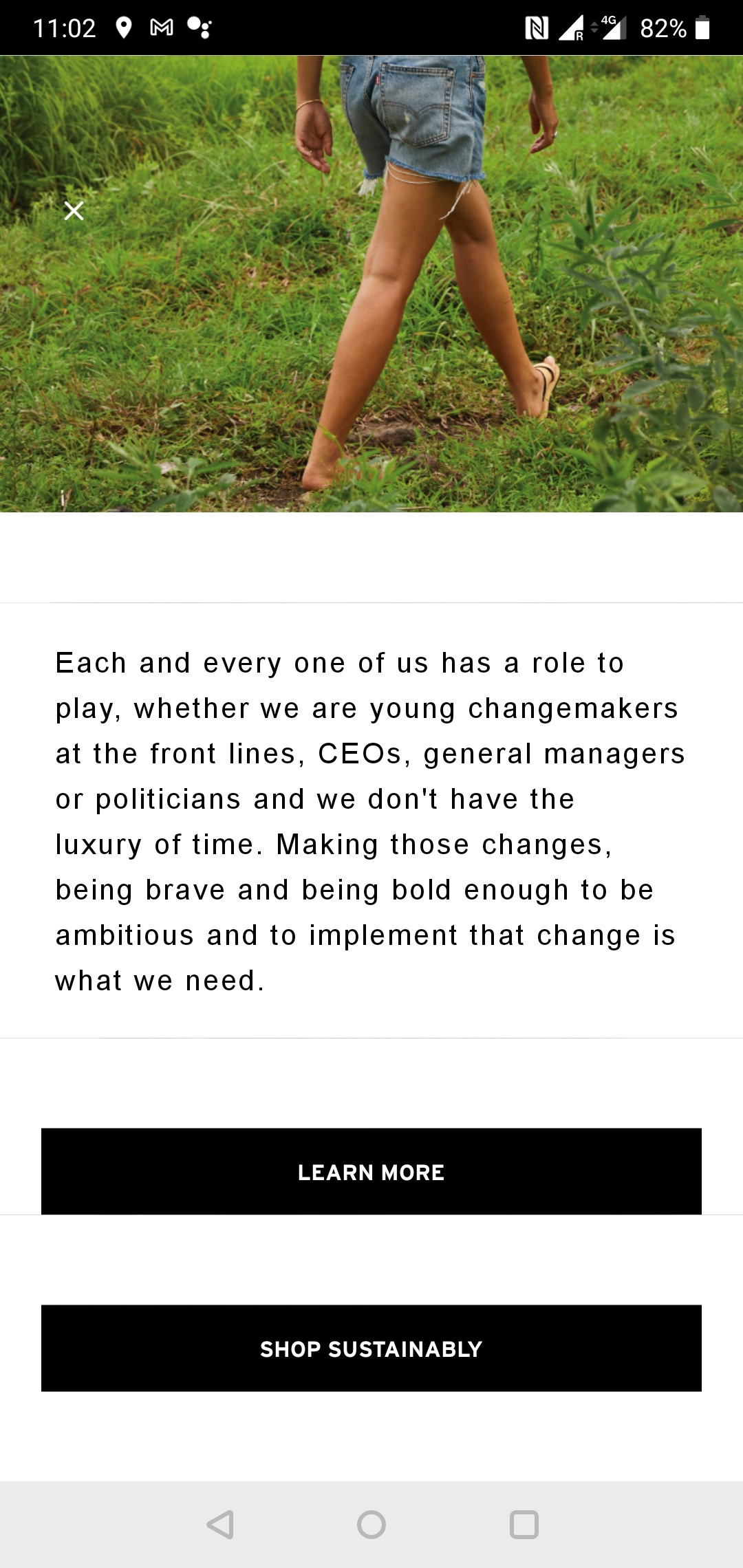The path to sustainability in Retail isn't that hard
Welcome to "nouveau monde", sort of a "nouveau genre" newsletter to better understand how to make the world better through the lens of retail. This is #13!
This week in nouveau monde, we’ll talk about urban logistics and how Zalando takes its own sustainable path.
Read, like, share, subscribe :-)
Urban hubs, the next scarce resource
by Anthony
The pandemic has put pressure on our logistic system, rapidly showing where we can find bottlenecks.
One of them is about delivering in cities. We've already talked about it here, and everybody is aware that this is a major issue so what is the solution to this ?
Well, I think that there isn't a single solution but a good combination of multiple innovations :
The old logistics model was to have big warehouses outside of cities and loads of vans and trucks entering the city - at dawn -to deliver its goods for the day or the week...
Things have changed and we need a more versatile supply chain :
In the US, Amazon starts to invest in deserted shopping malls, which enabled NBC News to say "Amazon helped kill shopping malls. Now it's buying them". Apart from the good word, shopping malls are often great locations for the logistics of the 2020's : they have a lot of surface, especially if you count parking lots, usually not too far away from highways and urban areas. One missing point is the link with public transport, especially train, which can be really strategic nowadays.
Railroads have a big role to play as they have the infrastructure ready for that. In Paris, SNCF is developing with other partners "Chapelle International", which contains what they call a logistics hotel - because, you know, it is Paris...
SNCF and other public transport organizations have plenty of unused land inside cities that could be relevant, linked with other hubs outside the city and going deep in the city :
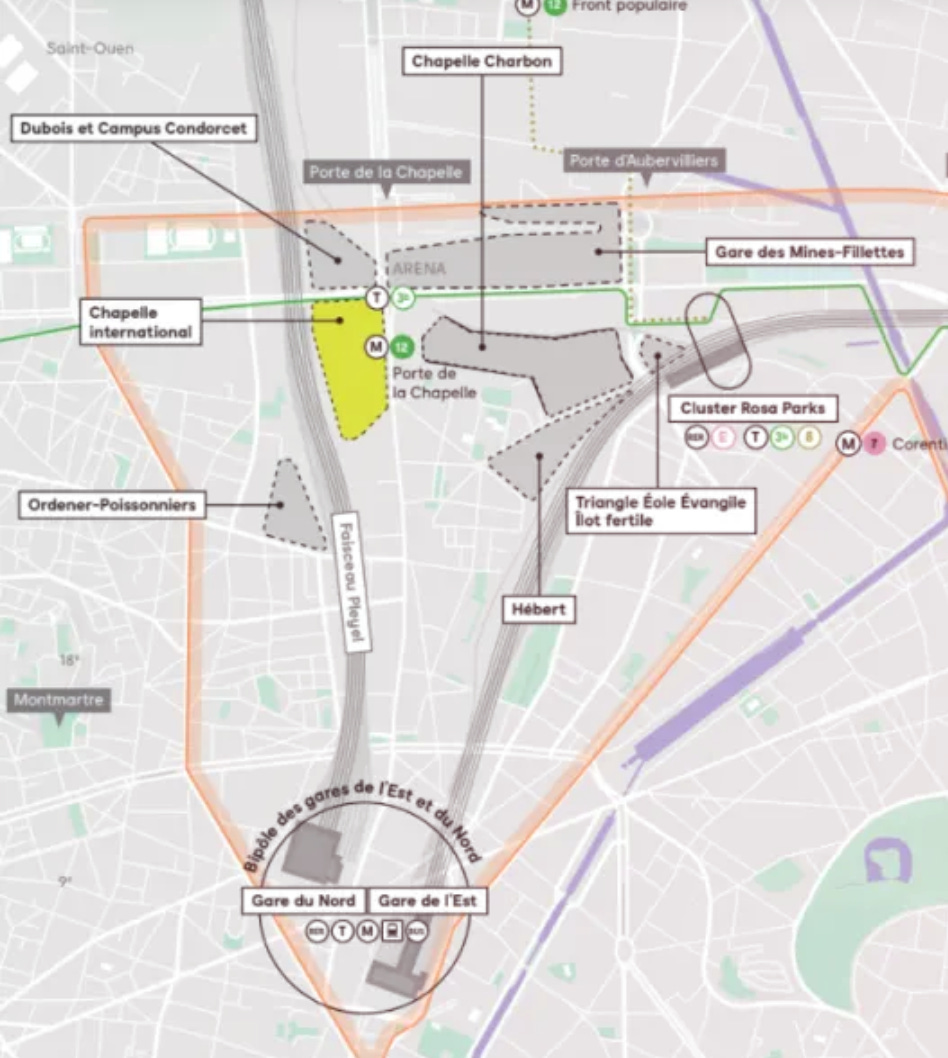
But watch out ! These kinds of projects can take time : the first public announcements about the Chapelle International projects come from 2015...
Rail infrastructure is note the only solution : subway stations, underground parking lots, etc... are the new eldorado for urban logistics company. In France, Amazon and Chronopost are going to use bus stations as a loading station for deliveries.
But to absorb these loads of new packages and forms of deliveries, we need to combine urban logistics with low emissions vehicles :
France has set new milestones for what is called ZFE (Low emission zones) and is launching a city logistics plan dedicated to help cargo bikes deliveries.
The plan to develop cargo bike deliveries is to incentivize deliveries made by cargo instead of vans and also develop entrepreneurs who want to get on a cargo bike to start their business.
The low emission zone, which was already tested in a few cities will be live in 2025 for all cities with more of 150 000 inhabitants. It will not allow too much polluting vehicles inside cities. Somehow coercive but still it allows almost all gas cars made nowadays.
In the Netherlands (champions of bike practicing for neatly 4 decades now) sets a new standard : many cities will only allow zero emissions vehicles in 2025 - while France will only put away the most emitting vehicles !
Well, one day, we should all arrive at the zero emission, hopefully.
Let's also have in mind that switching from vans to cargo bikes means lower emissions, but also less noise and less danger on the road, in short a city center more attractive for local commerce.
On one side, all the non added value commerce delivered through efficient urban hubs and low emission vehicles and on the other side a pleasure shopping in city center, maybe the livable city is on its way !
How to drive e-commerce and sustainability together
by Phil
Zalando has recently launched a new feature letting sustainability-minded fashion fans shop for brands based on specific values, like water conservation, animal welfare standards or recycled materials. Zalando, a German multi national e-commerce company based in Berlin, Germany and founded in 2008, an e-commerce platform offering fashion and lifestyle products to customers in several European markets.
Zalando has recently published a report showing that a gap remains between their wishes and their ability to put these into practice while consumers want to shop for apparel more sustainably.
An attitude-behavior gap in relation to sustainability and labor conditions refers to a situation in which “individuals exhibit positive attitudes but fail to execute on these attitudes by engaging in responsible behaviors.”9 Here we explore the characteristics of the gap across 12 key sustainability dimensions. The results of the survey show that the gap varies depending on the dimension (Exhibit 1).
Consumers care a lot about sustainability but less about sustainable fashion… Two in three consumers say sustainability is important in their daily lives. Indeed, half are taking steps toward reducing waste and consumption in general (Exhibit 2).
Sustainability still comes after value, quality and fit when asked about their fashion purchasing decisions, just 52% and 58% of consumers, respectively, mention sustainable production and ethical labor policies (Exhibit 3).
There are 7 different themes in this report but my favorite is this one: many influencers are not seen as credible on sustainability issues… Most consumers are skeptical about the role that influencers play in discussing sustainability issues. Still, some 52% believe it is important for someone to show them how to be more sustainable. The message, therefore, is that if influencers promote sustainability, they must first establish their credibility.
How can they when you see the level of credibility you can see around those guys on Instagram for instance?!
Based on the consumer research carried out in France, Germany, Italy, Sweden, and the U.K., the report concluded that the fashion industry needs to make sustainable choices more attractive, realistic, and accessible.
Zalando first announced its do.MORE sustainability strategy back in 2019, pledging to reduce its operational carbon emissions by 80% against a 2017 base year and committing to have 90% of its suppliers set science-based targets, both by 2025.
It seems that the German Retailer is taking sustainability seriously, and at many levels.
Quick hits
Levi’s became my favorite apparel brand, probably an aging reaction. I find quite interesting how sustainability is now push on their e-commerce platforms, bringing it on the front of the store as a criteria with some stories around. Products and content all together, from a global company, nicely done!
Fast Rewind
Welcome back in France, textile industry ! We talked about bringing back manufacturing in nouveau monde #9, Mulliez Family brands announce they will bring back jeans production in Lille in the next few months! Congrats!
Bonus track by Anthony
find your own path






